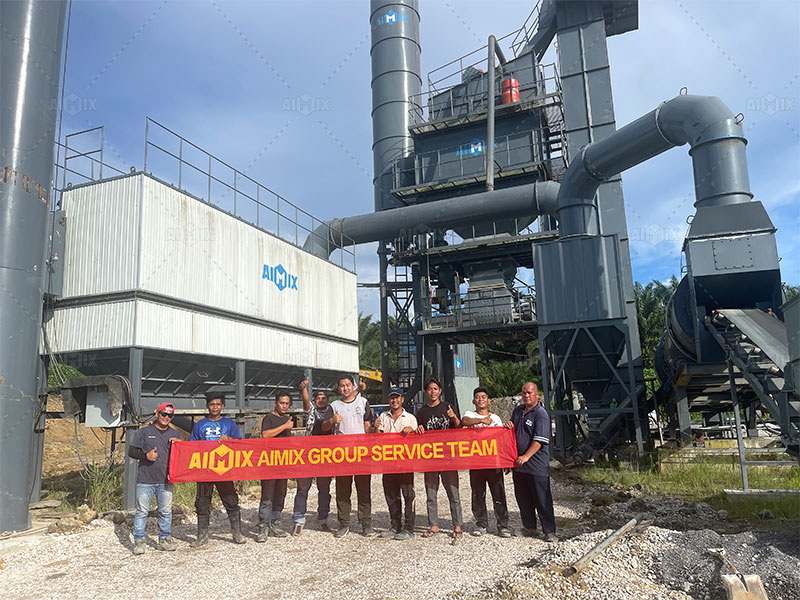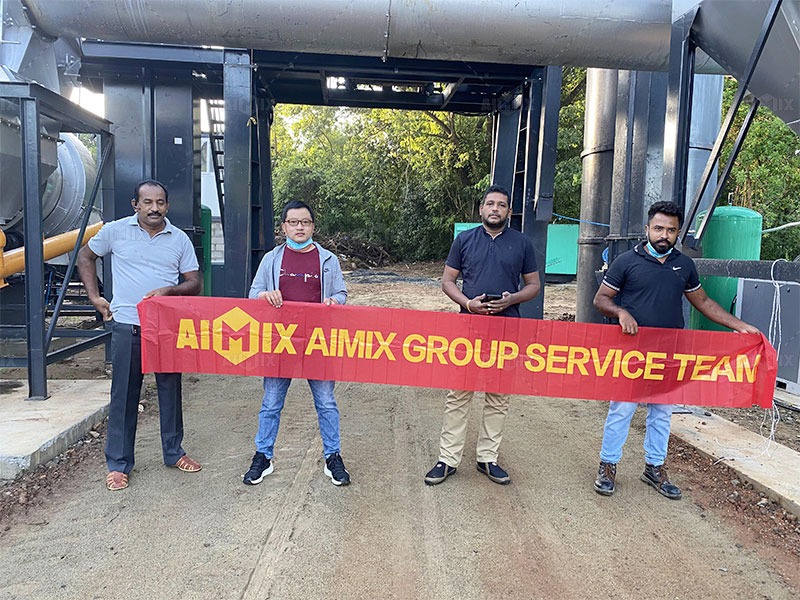Asphalt mixing plants play a pivotal role in the construction industry, facilitating the production of asphalt mixtures used in road construction, maintenance, and infrastructure projects. Efficiently managing the production time of asphalt mixing plants is essential for meeting project deadlines, minimizing costs, and ensuring high-quality asphalt output. Controlling production time involves a combination of strategic planning, operational optimization, and technology integration.
Pre-Planning and Scheduling
The foundation of effective time control begins with meticulous pre-planning and scheduling. Project managers and plant operators should collaborate to develop detailed production schedules that align with project timelines and requirements. This includes forecasting asphalt demand, scheduling maintenance activities, coordinating material deliveries, and optimizing asphalt plant for sale utilization. By establishing clear objectives and timelines, teams can streamline operations and minimize downtime.

Batch Plant Configuration and Setup
The configuration and setup of asphalt mixing plants significantly impact production efficiency and output quality. Plant operators should optimize equipment layout, material flow, and processing parameters to maximize throughput while minimizing cycle times. This includes ensuring proper calibration of weighing systems, optimizing burner settings for efficient heating, and implementing automation technologies to streamline operations. Additionally, investing in modern equipment and upgrading outdated components can enhance plant performance and reliability.
Material Handling and Storage
Efficient material handling and storage practices are critical for minimizing delays and maximizing productivity at drum mix plants. Operators should ensure the availability of raw materials such as aggregates, asphalt binders, and additives in sufficient quantities to meet production demands. Proper stockpile management, material handling equipment, and conveyor systems play a key role in ensuring smooth material flow and uninterrupted production. Additionally, implementing inventory management systems can help track material usage, reorder levels, and replenishment schedules to prevent shortages and delays.

Continuous Production Monitoring and Optimization
Real-time monitoring and optimization of plant operations are essential for identifying bottlenecks, optimizing process parameters, and improving productivity. Advanced control systems and software solutions enable operators to monitor key performance indicators such as production rates, energy consumption, and material usage in real-time. By analyzing data trends and performance metrics, operators can identify areas for improvement, implement process adjustments, and optimize mobile asphalt plant performance to meet production targets efficiently.
Maintenance and Preventive Care
Regular maintenance and preventive care are critical for ensuring the reliability and longevity of asphalt mixing plants. Scheduled maintenance routines should include routine inspections, lubrication of moving parts, calibration of equipment, and replacement of worn components. Additionally, implementing predictive maintenance techniques such as vibration analysis, thermography, and oil analysis can help identify potential equipment failures before they occur, minimizing unplanned downtime and production disruptions.
Operator Training and Skill Development
Well-trained and skilled operators are essential for maximizing the efficiency and performance of asphalt mixing plants. Providing comprehensive training programs and ongoing skill development opportunities empowers operators to understand equipment functionalities, troubleshoot issues, and optimize plant operations. By fostering a culture of continuous learning and knowledge sharing, organizations can cultivate a highly competent workforce capable of operating mini asphalt plant safely, efficiently, and effectively.
Conclusion
Controlling the production time of asphalt mixing plants requires a systematic approach encompassing strategic planning, operational optimization, and technology integration. By implementing pre-planning and scheduling processes, optimizing plant configuration, streamlining material handling, monitoring production in real-time, prioritizing maintenance, and investing in operator training, organizations can effectively manage production time and meet project requirements with confidence. As the construction industry continues to evolve, embracing innovation and adopting best practices in time management will remain essential for achieving success in asphalt production and road construction projects.
